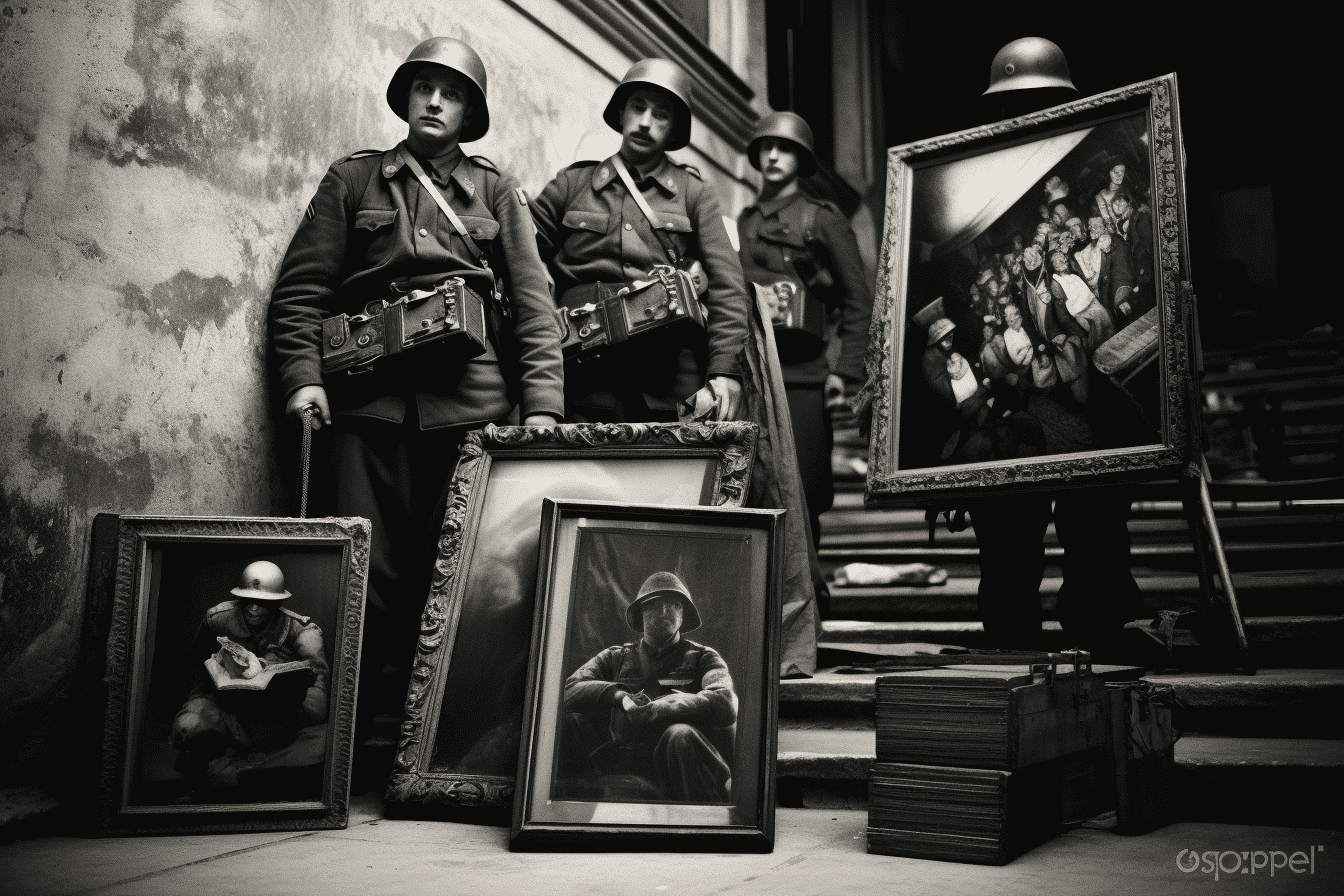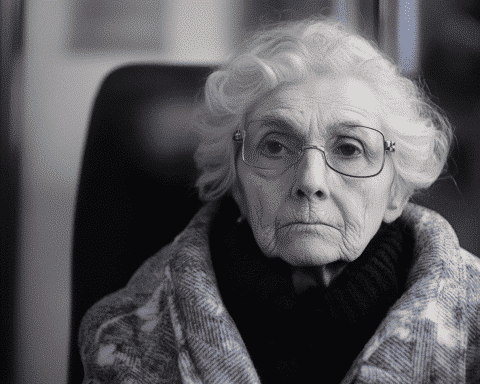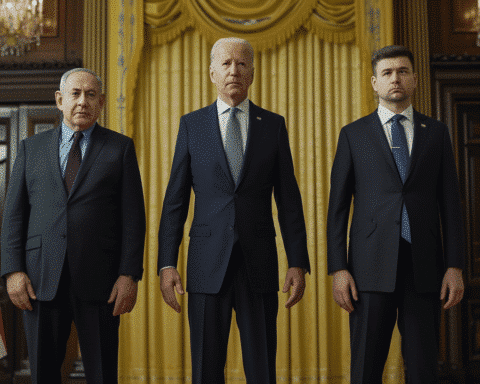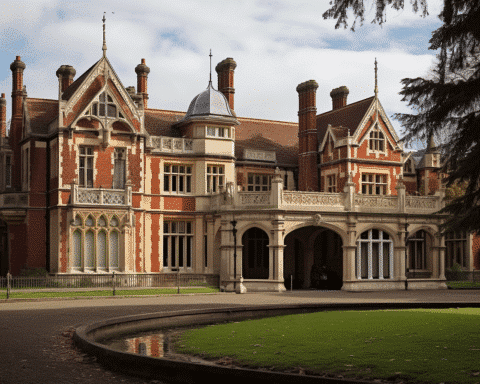The shadows of World War II loom large, not only in our memories but also in our cultural and artistic heritage. For Claire Gimpel, a 70-year-old Jewish woman living in Paris, these shadows emerged as a harrowing journey to reclaim her grandfather’s stolen art — art the Nazis had forcibly taken.
In 2010, an unexpected phone call from an American attorney, Laurence Eisenstein, set Claire on a path of discovery and restitution. René Gimpel, Claire’s grandfather, was revealed to have had a substantial art collection looted by the Nazis during the war. René, a French Jewish resistance fighter, was renowned as an art dealer and was closely associated with iconic figures such as Monet, Picasso, and Proust. Despite the associated risks, René joined the resistance and was unfortunately arrested, eventually losing his life in a concentration camp near Hamburg in 1945.
Over the years, his extensive art collection was dispersed across Europe, housed in private collections, sold at auctions, and showcased in museums. “That means tens of thousands of art objects have disappeared,” noted Claire. But this revelation catalyzed the Gimpel family’s relentless pursuit to restore their grandfather’s legacy.
Although the journey was fraught with challenges, including proving the artworks’ original ownership and the circumstances under which they were taken, the family persevered. A breakthrough came when a photograph taken between 1916 and 1933 was found, displaying three particular paintings by André Derain in René’s living room, substantiating their claim.
In 2020, after a decade-long struggle, the Gimpel heirs were finally reunited with three of these Derain paintings, setting a precedent for families in similar situations.
Art looted by the Nazis represents more than mere paintings or sculptures; they symbolize memories, history, and heritage. Claire’s quest underscores the indomitable spirit of families who, against all odds, continue to seek justice and closure. As she rightly states, “Mentalities are evolving. Sure, it’s 80 years (since the end of World War II). But better late than never.”




